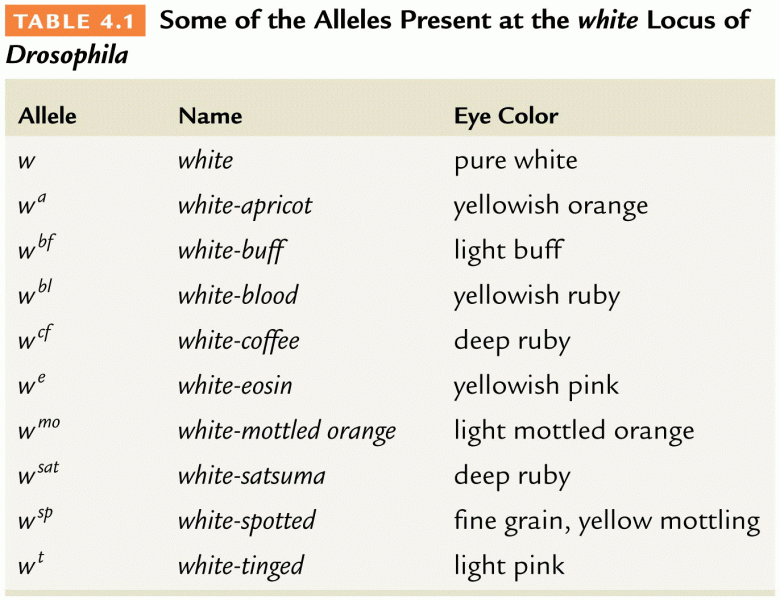|
|
|
Cyanide works by making the human body unable to use oxygen.
Malaria was not eliminated in the United States until 1951. The term eliminated means that no new cases arise in a country for 3 years.
The toxic levels for lithium carbonate are close to the therapeutic levels. Signs of toxicity include fine hand tremor, polyuria, mild thirst, nausea, general discomfort, diarrhea, vomiting, drowsiness, muscular weakness, lack of coordination, ataxia, giddiness, tinnitus, and blurred vision.
Many people have small pouches in their colons that bulge outward through weak spots. Each pouch is called a diverticulum. About 10% of Americans older than age 40 years have diverticulosis, which, when the pouches become infected or inflamed, is called diverticulitis. The main cause of diverticular disease is a low-fiber diet.
The first-known contraceptive was crocodile dung, used in Egypt in 2000 BC. Condoms were also reportedly used, made of animal bladders or intestines.
 The skeleton of a dwarf elephant from the island of Crete. Dwarf elephants were present on some Medi
The skeleton of a dwarf elephant from the island of Crete. Dwarf elephants were present on some Medi
 Hillary Clinton broke through the glass ceiling in politics when she was elected senator from New ...
Hillary Clinton broke through the glass ceiling in politics when she was elected senator from New ...





